Plastic, metal, paper, plant-based, bamboo, and glass…straws are a hot topic these days. It’s become a question of not only what type of straws you prefer to use but which ones you are legally allowed to use. Especially, as the Trump Administration adjusted plastic straw legislation, overturning the U.S. plastic straw bans. This executive order rattled environmentalists' feathers while all paper straw haters may gleefully sip away.
Whether you’re a sustainability advocate, a small business owner, or a conscious consumer, all these plastic straw regulation updates might affect what you’re sipping out of. To help navigate the shifting policies and regulations surrounding the straws, we’ve created this Crew Supply Co. post to unwrap the legal landscape of plastic straws in North America. From environmental policies on plastic straws and Trump’s executive order to Canada's single-use plastic laws, we’re exploring plastic straw regulation updates and policies in Canada and the United States.
The Changing Regulation of Plastic Straws
In recent years plastic straw regulation has undergone significant changes, with varying approaches in the United States and Canada. EcoCycle estimates that Americans use 500 million disposable straws daily. That’s a massive amount of single-use non-biodegradable plastic.
Single-use plastic straws have devastating environmental effects, threatening animals and marine life. Plastics contribute to pollution and break down into microplastics, affecting the quality and health of the environment, animals, and humans. Luckily, organizations such as the Ocean Conservancy, The Ocean Cleanup, and PMPD, are combating pollution.
While, it’s wise to be conscious of the impacts of climate change–conservation and clean-up do matter. Our choices around consumption and prevention are critical. Shifting away from single-use to multi-use and reusable is mindful and made easy thanks to the various kinds of eco straws and sustainable products on the market.
However, with the changing regulations, the question of finding positive solutions for the environment, businesses, and consumers remains. To help answer these questions, we’re exploring the latest plastic straw regulation updates, including Canada’s single-use plastic laws. This guide provides an overview of the legislative history, current legal status, plastic straw legislation, and future directions, concerning plastic straws in the United States and Canada.
United States: Legislative History & Current Regulations
In 2011, 9-year-old Milo Cress started the Be Straw Free campaign, inspiring large corporations, including Starbucks, to seek alternatives to single-use plastic straws. During the 21st century, plastic straws have met consumer backlash. And yet, some of the paper and bamboo replacements have been shown to contain forever chemicals, discrediting them as sustainable solutions. It’s crucial to do your homework! So, let’s dive into the United States legislative history and federal actions surrounding U.S. plastic straw bans over the past few years.
Legislative History
The United States has experienced shifting positions with its environmental policies on plastic straws. In 2024, The Biden administration identified the impacts of plastic pollution, implementing an order to phase out the United States government's purchases of plastic straws and cutlery. However, Trump’s executive order reversed this and directed government agencies to stop buying paper straws.
-
2018 - Seattle became the first major U.S. city to ban single-use plastic straws and utensils.
Effective July 1, 2018, aiming to reduce marine pollution, this coastal city took action to protect its surroundings and nature. In an effort to limit the amount of pollution entering the ocean, Seattle introduced environmental policies on plastic straws.
-
2018 - California passed plastic straw legislation with the Straws-Upon-Request Law.
Following in Seattle’s footsteps, California enacted legislation that prohibits full-service restaurants from providing single-use plastic straws, unless requested by the customer.
-
2019 - Washington, D.C. implemented a ban on plastic straws.
In January 2019, the capital city’s plastic straw legislation required businesses to offer compostable or reusable alternatives.
Federal Actions
Let’s explore the opposing federal actions from The White House which demonstrate the changing environmental policies on plastic straws from two different administrations.
-
2022 - The Biden administration implements eco-friendly plastic straw legislation.
As part of his broader environmental initiatives, Biden’s plan intended to phase out single-use plastics, including straws, from federal agencies by 2027.
-
2025 - The Trump administration makes plastic straw regulation updates.
On February 10, President Donald Trump signed Executive Order 14208, titled "Ending Procurement and Forced Use of Paper Straws," reversing the previous policy and mandating the use of plastic straws in federal agencies and buildings. Trump criticized paper straws as nonfunctional and more expensive to produce.
Source: WHITEHOUSE.GOV
Current State and Future Directions
The shifting state of environmental policies on plastic straws emphasizes the difference in federal and local laws. From the recent U.S. plastic straw bans coming from The White House to the future directions and plastic straw regulation updates, here’s what’s going on:
-
As of February 2025, federal agencies are directed to cease purchasing paper straws and ensure they are no longer provided within federal buildings. The executive order also requires the development of a National Strategy to End the Use of Paper Straws within 45 days.
Source: WHITEHOUSE.GOV
-
Despite federal directives, state and local governments retain the authority to implement their own regulations. For instance, New York City's ban on plastic straws remains in effect, reflecting a divergence between federal and local policies.
Source: NYCFOODPOLICY.ORG -
The future of plastic straw legislation in the U.S. is likely to involve continued debates between environmental concerns and regulatory approaches, with the potential for further legal challenges and policy adjustments at various governmental levels.
Canada: Legislative History & Current Regulations
Canada’s single-use plastic laws are in place, intending to have zero plastic waste by 2030. The country’s environmental policies on plastic straws hope to reduce pollution, care for the environment, and lower greenhouse gas emissions. Here’s an overview of Canada’s legislative history and plastic straw regulation updates.
Legislative History
Canada has been proactive with its environmental policies on plastic straws and single-use disposable containers. The country has taken environmentally friendly steps with its legislative history.
-
May 2018 - Vancouver adopted a "Single-Use Reduction Strategy."
The city of Vancouver targeted items like plastic straws and foam cups, with regulations approved in November 2019.
-
June 2019 - Prime Minister Justin Trudeau bans single-use plastics.
Trudeau announced his intentions to ban certain single-use plastics, including straws, as early as 2021, aiming to reduce ocean pollution.
-
June 22, 2022 - The Canadian government published the Single-Use Plastics Prohibition Regulations (SUPPR).
The SUPPR officially prohibits the manufacture, import, and sale of specific single-use plastic items, with certain exceptions for accessibility.
Source: CANADA.CA
Legal Challenges
Canada's single-use plastic laws have met legal challenges. Similar to the U.S., it’s one step forward and two steps back. Here’s a little overview of the current situation.
-
2023 - The Federal Court overturned the SUPPR.
Canada’s Federal Court deemed the SUPPR ban "unreasonable and unconstitutional." The government appealed the decision, and while the matter is before the courts, the ban remains in effect.
Source: THENARWHAL.CA
Current State and Future Directions
The convergence of business and environmental protection is affected by the current state of plastic straw legislation and policies. Canada wants to protect its coastlines and natural environment, but some policies have been met with resistance. Although, many individuals and businesses are continually implementing sustainable practices. Even McDonald’s in Canada is recycling plastic straws and turning them into reusable food trays.
-
As of February 2025, the SUPPR is under judicial review due to ongoing legal challenges.
The Canadian government continues to advocate for the regulations, emphasizing environmental protection and sustainability. The outcome of the legal proceedings will significantly influence the future enforcement and scope of Canada's single-use plastic laws.
Navigating the Future of Plastic Straw Legislation
The regulation of plastic straw legislation in the United States and Canada reflects a complex interplay of environmental concerns, legislative actions, and legal challenges. While both countries have seen efforts to reduce single-use plastics, recent developments indicate a divergence in approaches, with the U.S. federal government reinstating plastic straws and Canada facing legal obstacles in enforcing bans.
Nevertheless, being environmentally conscious is a valuable factor in conducting business in today’s world. With the wavering U.S. plastic straw bans, opting for reusable supplies is a wise solution. Remove the debate over plastic and paper by considering other options such as quality plant-based straws which offer an affordable and stylish alternative without the legislative headaches.
The evolving legal and political landscapes suggest that stakeholders must stay informed and adaptable to navigate the future of plastic straw regulations effectively. With all these plastic straw regulation updates and shifting environmental policies on plastic straws, it’s crucial to stay up-to-date and find sustainable solutions that work for you. Crew Supply Co. is here to help you maneuver through the legal landscape of plastic straws by providing top-quality reusable and sustainable solutions for your home and business.



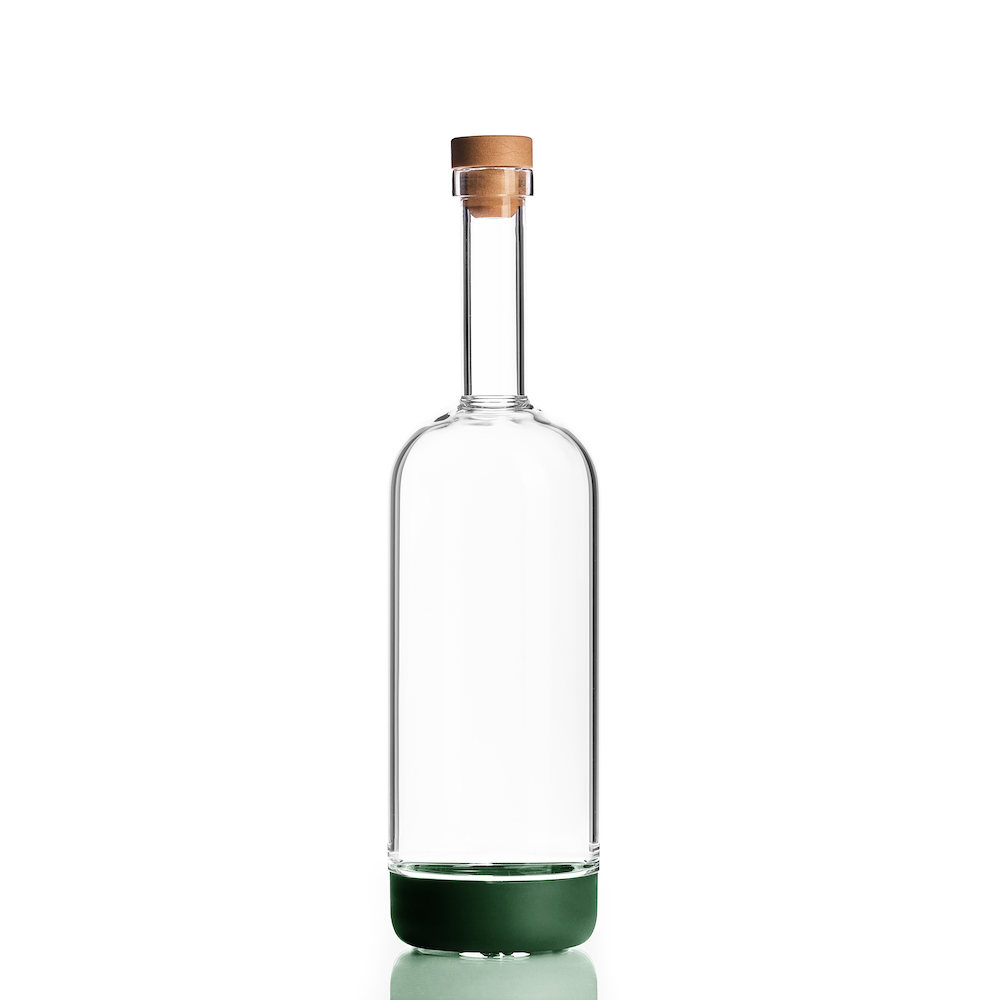

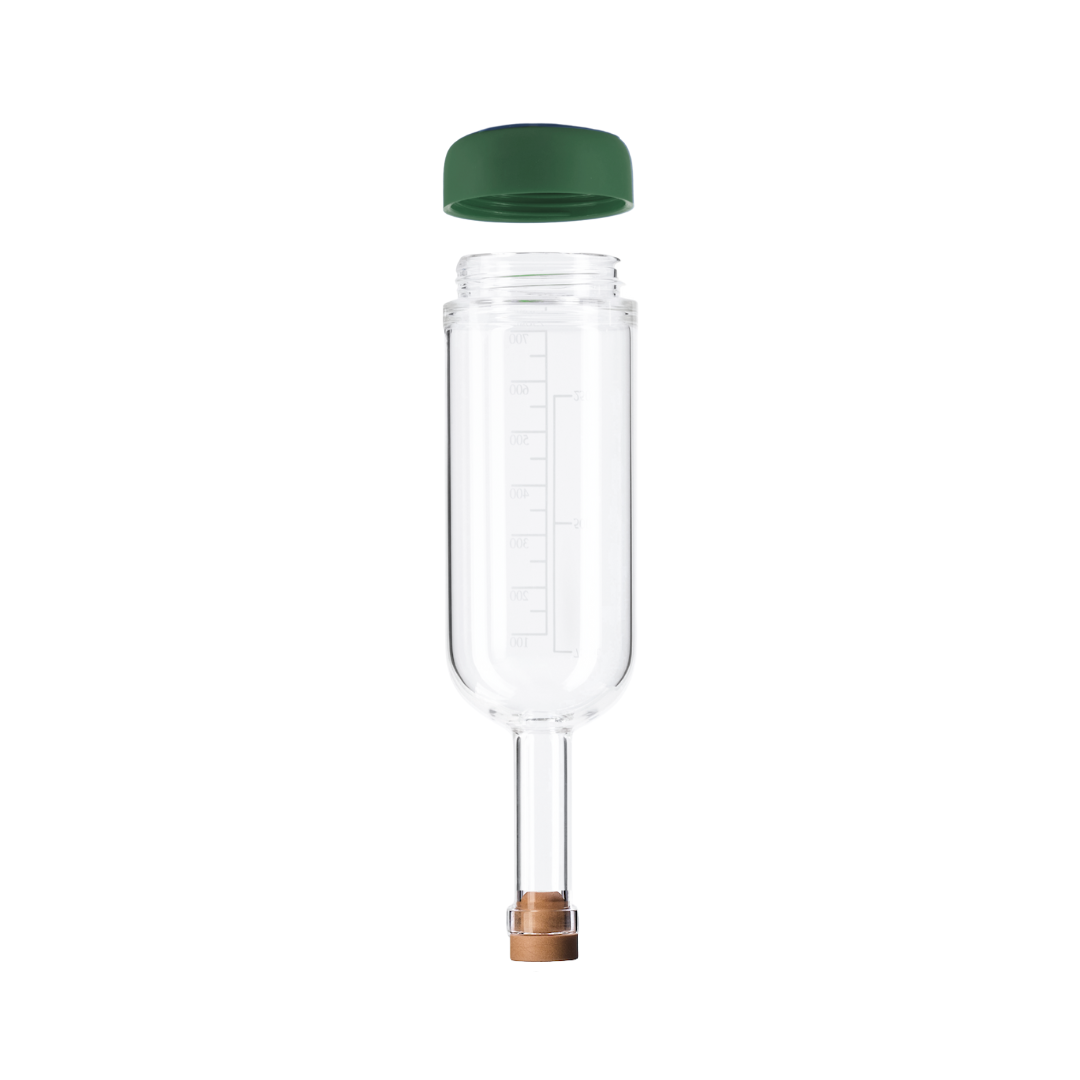
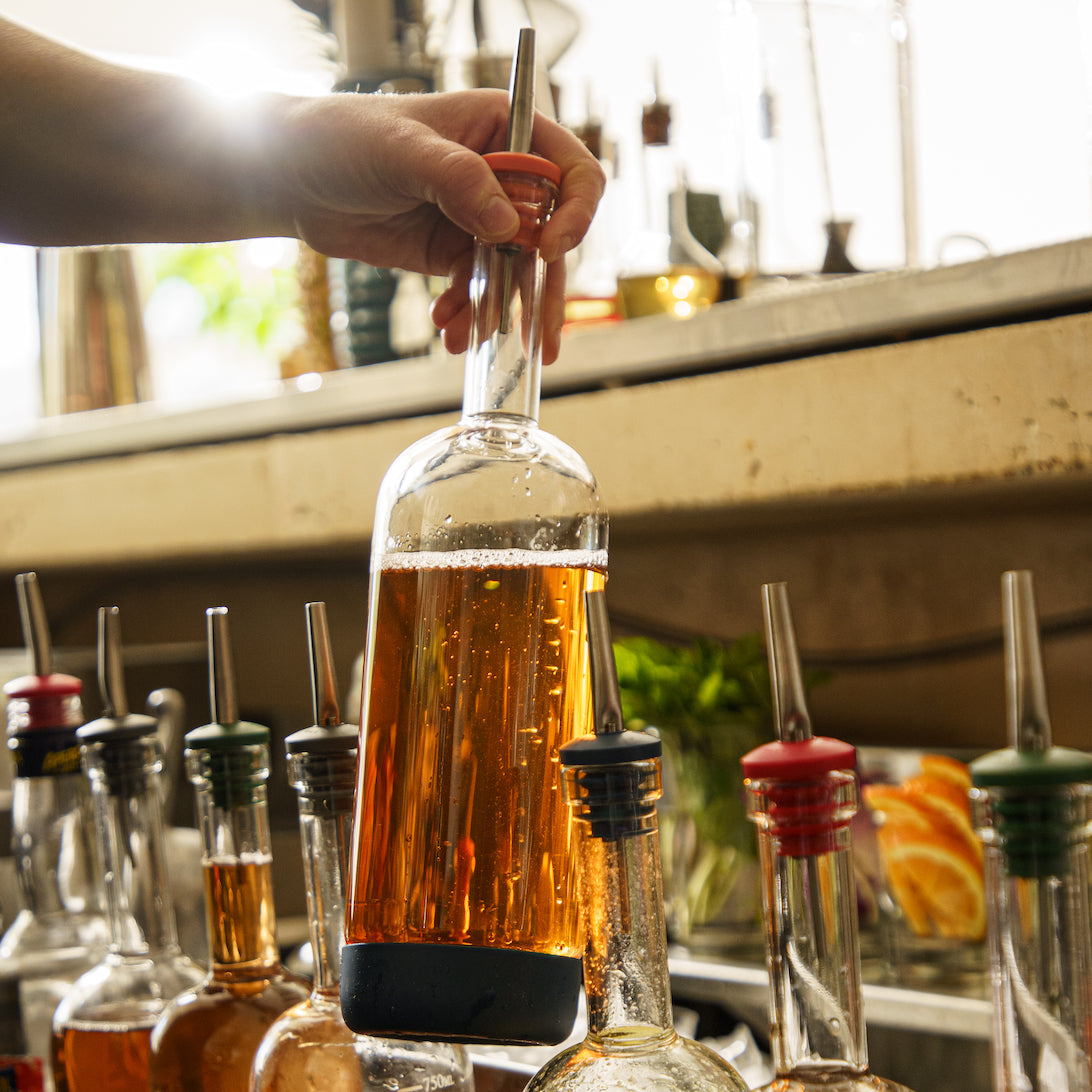
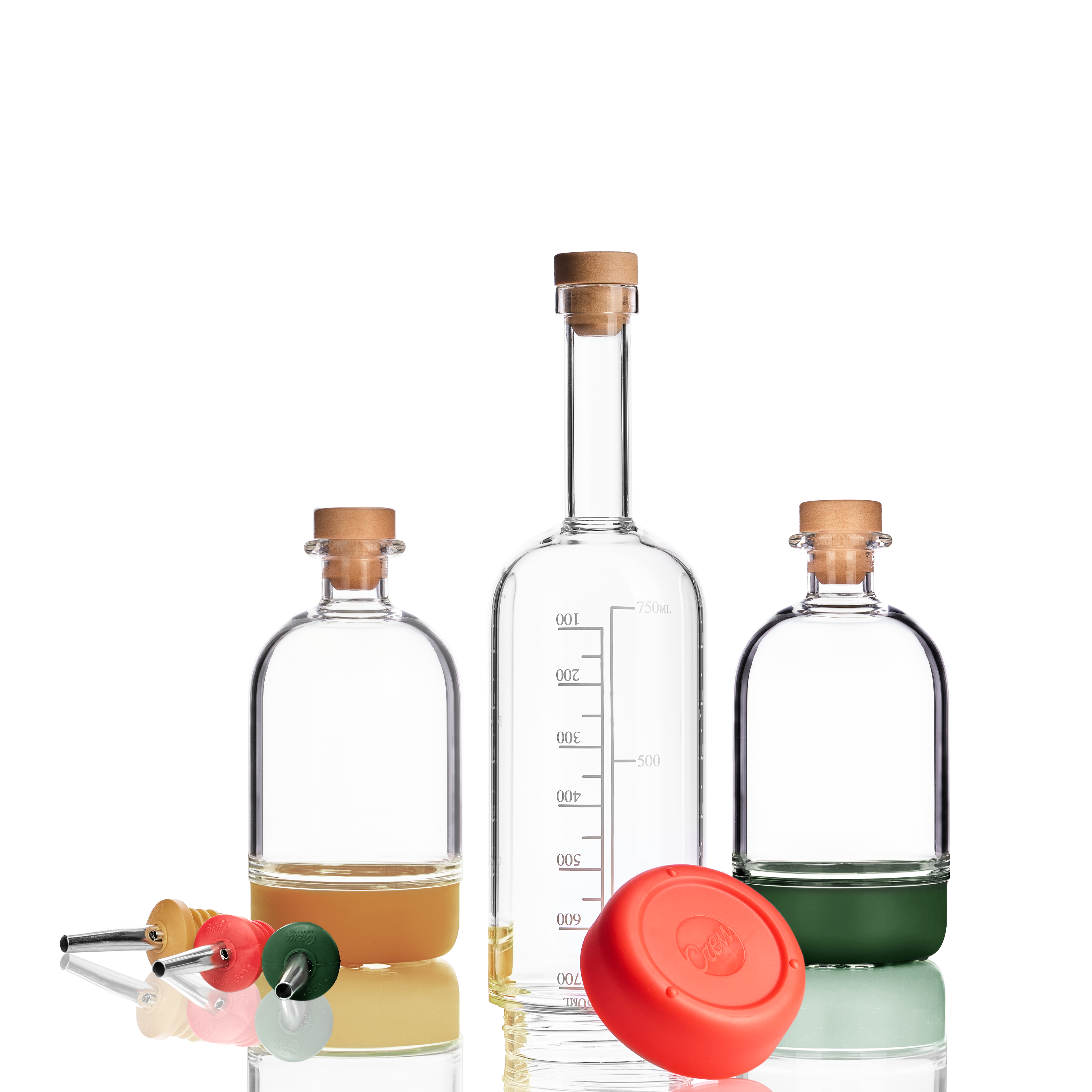


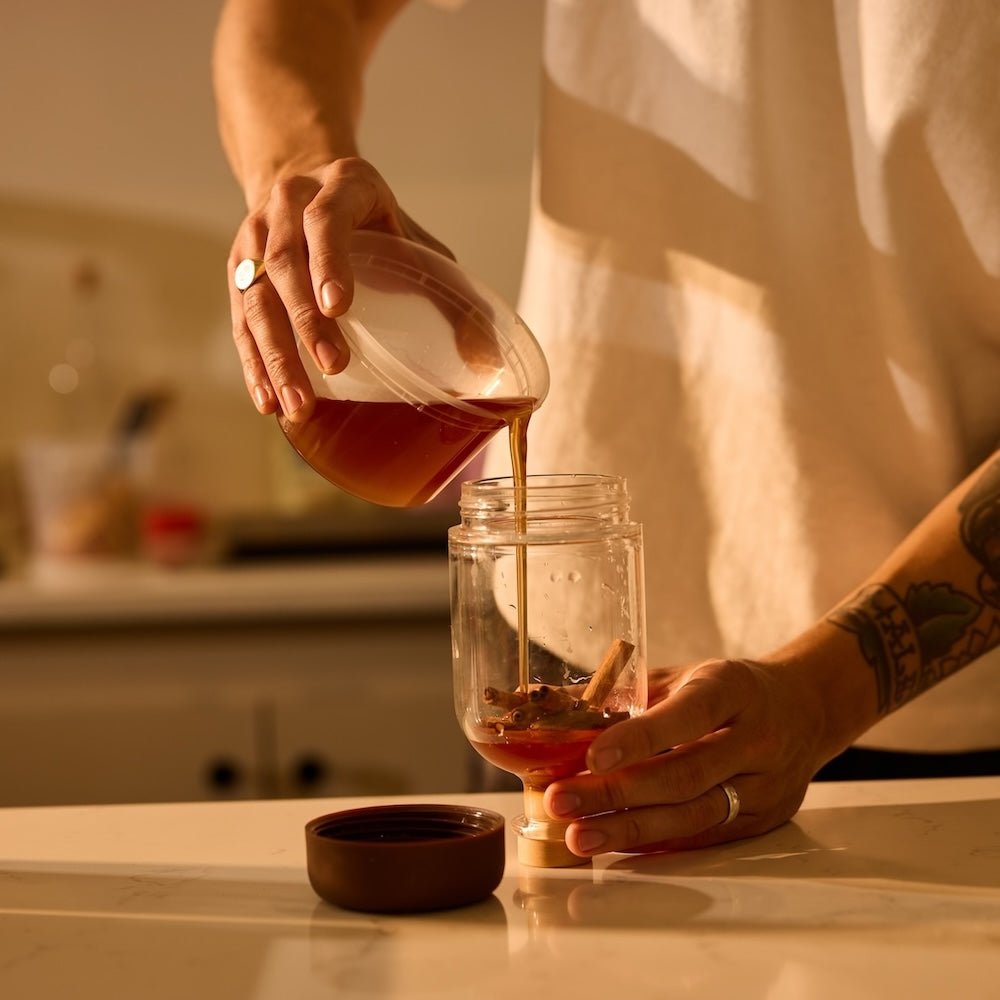
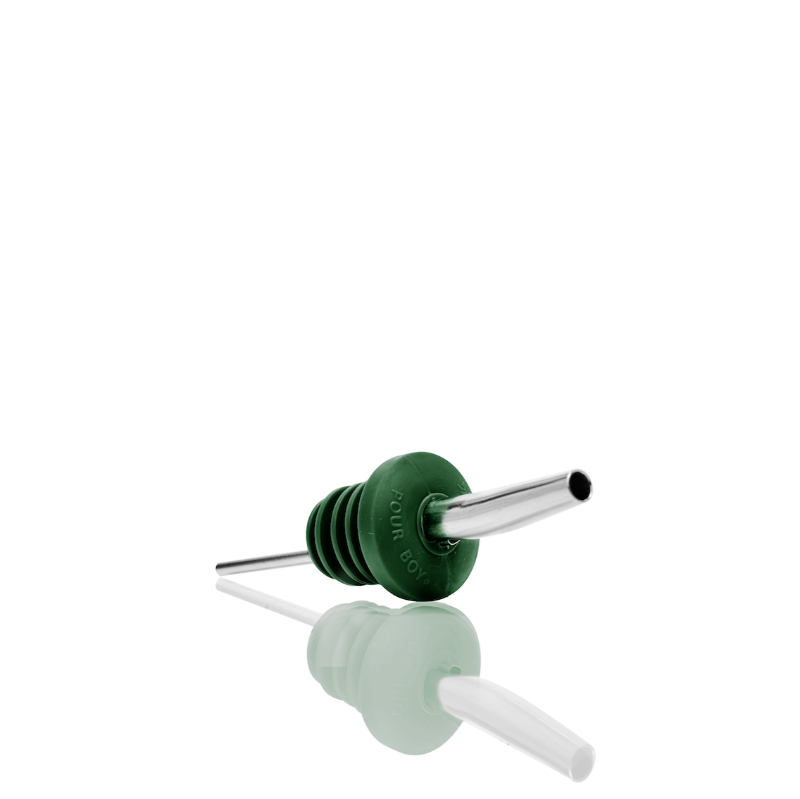

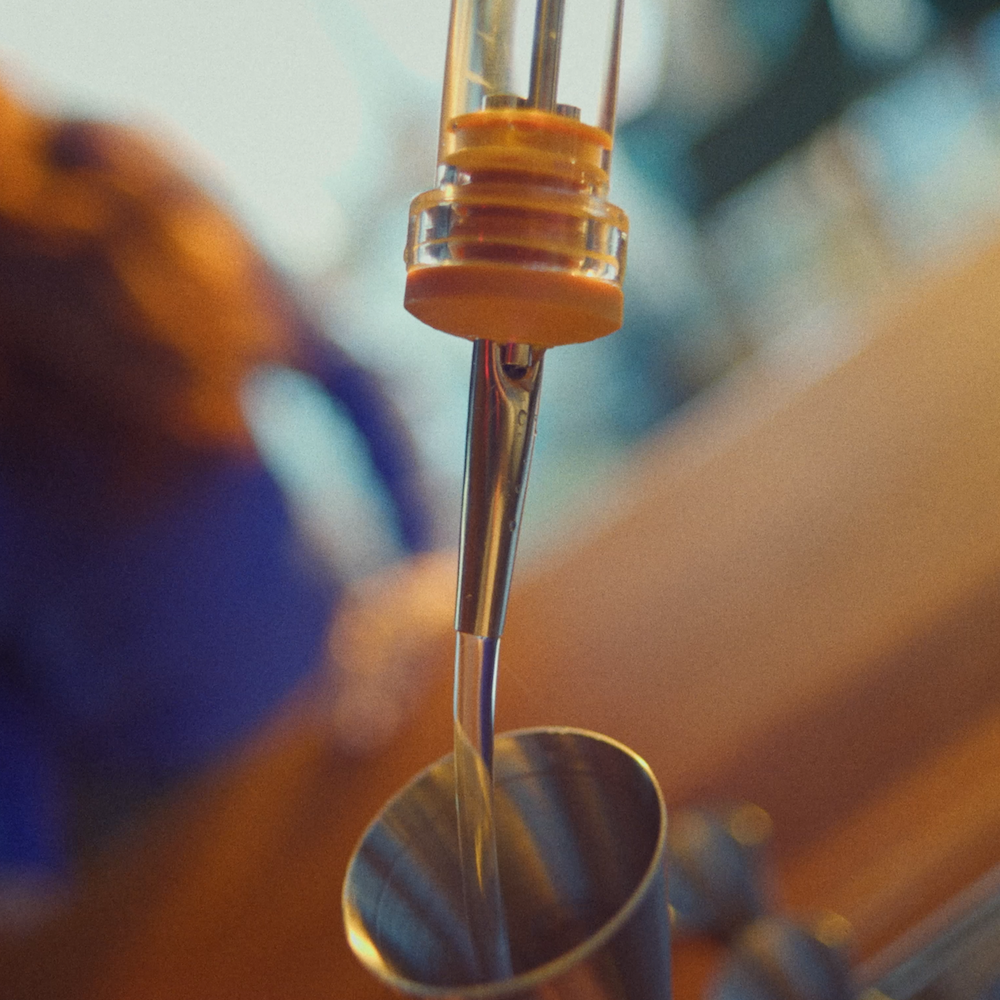
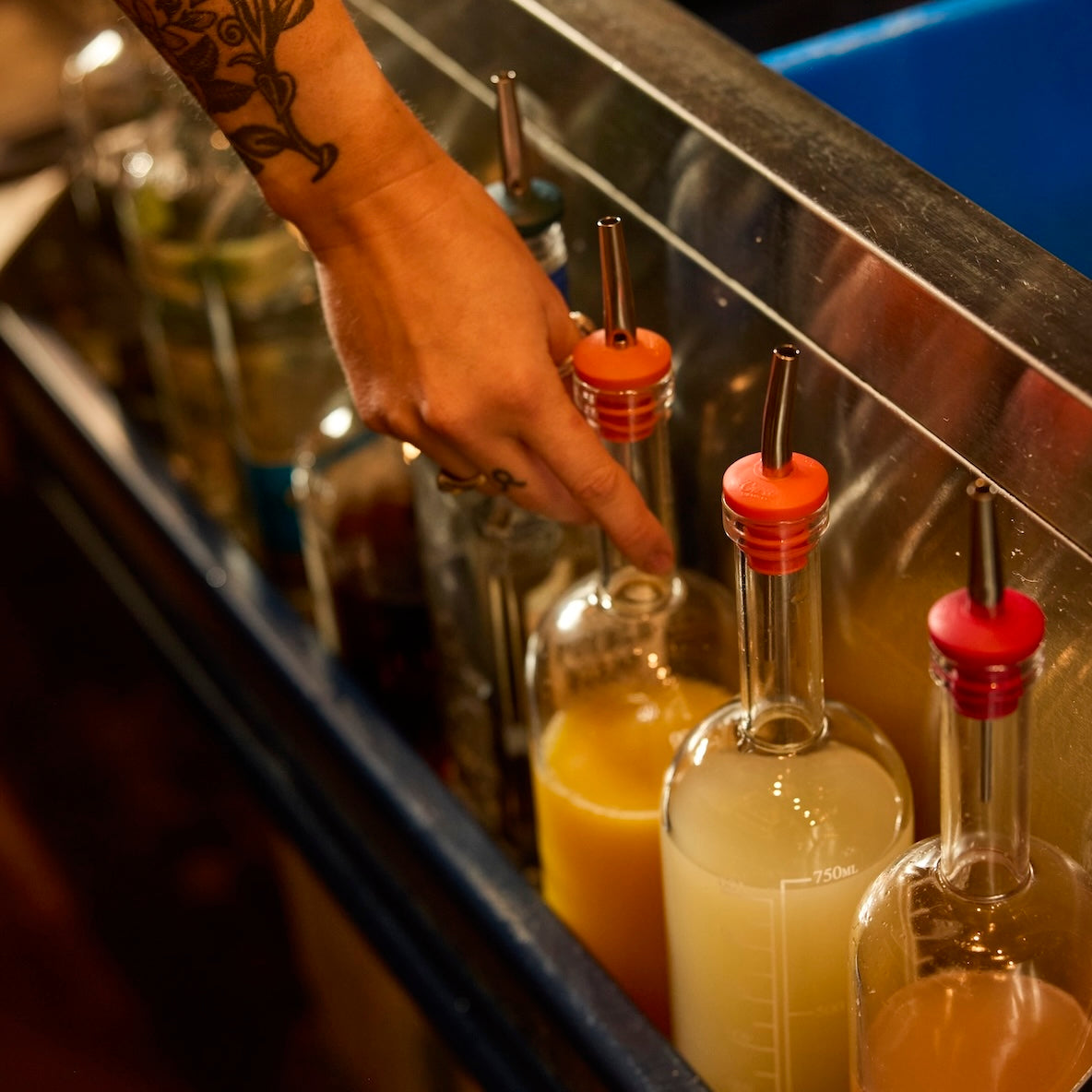
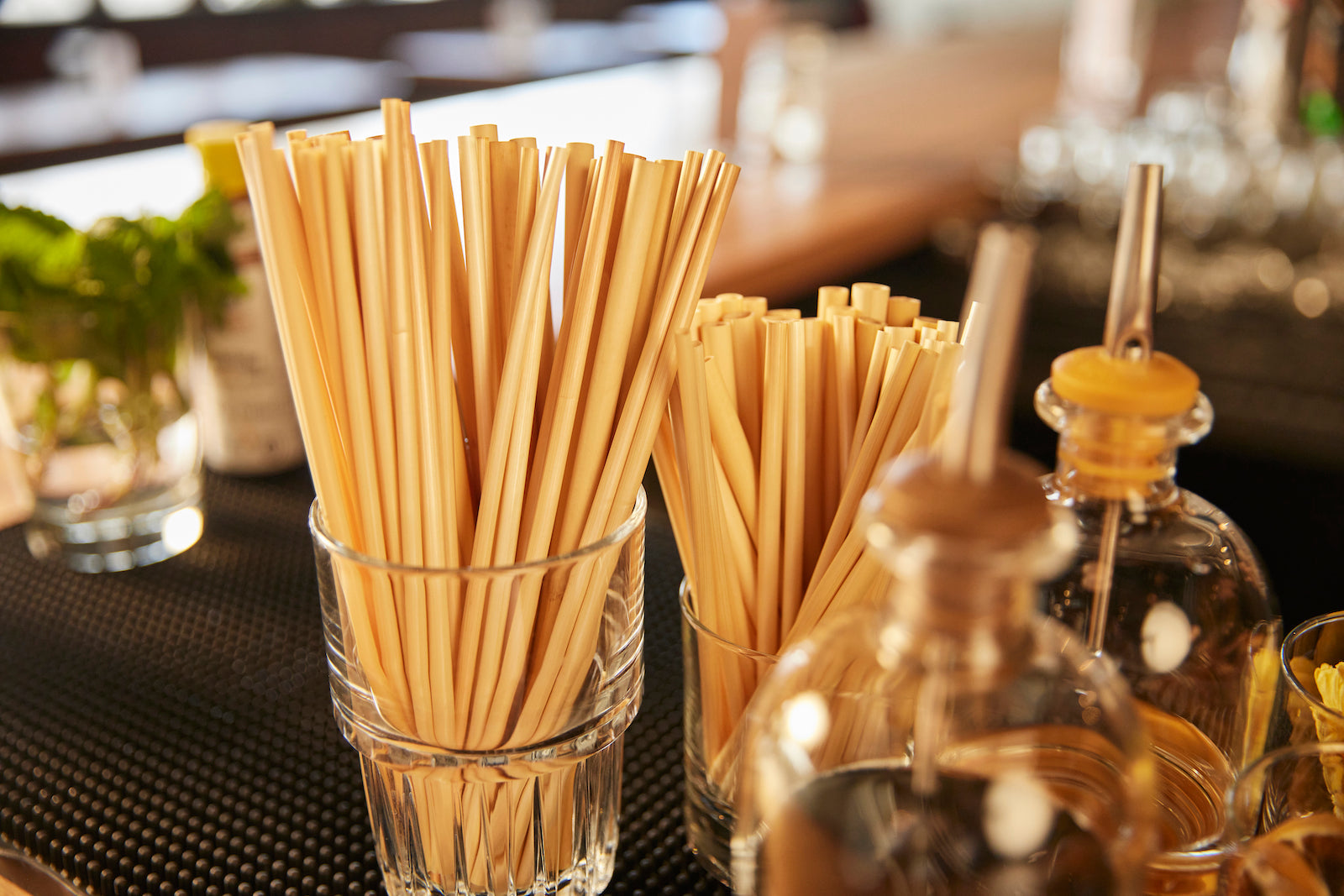
Share:
Crafting the Perfect Coffee Experience: House-Made Syrups and Infusions for Elevated Coffee Menus
The Best 15 Brunch Cocktail Recipes Using Fresh Seasonal Flavors